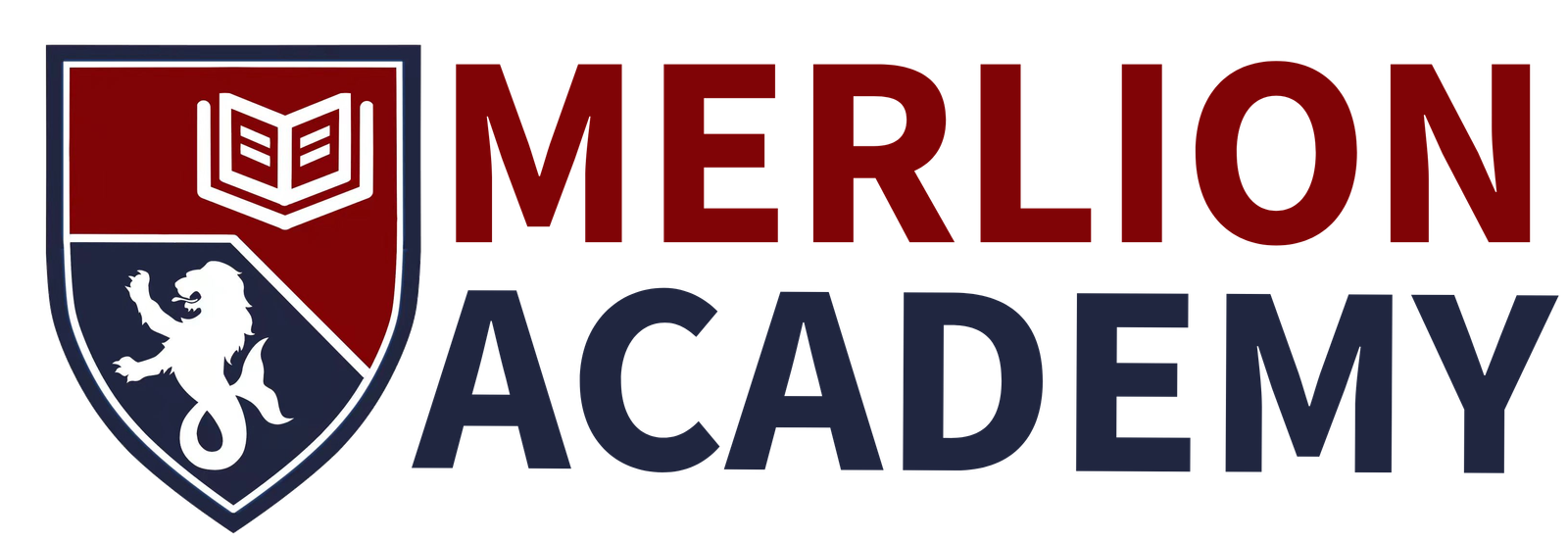Executive Certificate in Counseling Students with Special Needs [Level I] (ONLINE)
Learners will be introduced the human lifespan development covering the theories espoused by various pioneering developmentalists such as Margaret Mahler, Jean Piaget, Erik Erikson, Sigmund Freud, and Lawrence Kolhberg. They will learn about how problems arising anywhere along the developmental lifespan can result in many possible difficulties, disabilities and disorders in learning and behavior causing a varied range of cognitive, conative, affective and sensory problems. In addition, participants will be introduced to the x-y-z axes of attitude, aptitude and altitude in human development that, in turn, can result in regression, degeneration, progression and delay causing all kinds of challenges. Illustration with selected disability categories will be used to explain the theories introduced in this module.
Learners will be introduced the differences among the three key terms used in special education, especially relating to learning & behavioral challenges: difficulties, disabilities and disorders. Participants will be introduced to the 14 disability categories provided by the Individuals with Disabilities Education Act of 2004 (IDEA), which aligns IDEA 1997 closely to the No Child Left Behind Act (NCLB), and helps to ensure equity, accountability and excellence in education for children with disabilities. The IDEA 2004 is in effect as of July 1, 2005, with the exception of the Highly Qualified provision, which has been in effect since the law’s signing on December 3, 2004. The IDEA 1997 was reauthorized and became the Individuals with Disabilities Education Improvement Act (IDEIA 2004). This module covers the key disability categories that participants need to understand in order to be able to work with students with such challenges.
- Unit 1: Understanding Human Lifespan Development
- Unit 2: Cognition-Conation-Affect-Sensation Model
- Unit 3: The Hierarchy of Abilities & Skills for Assessment & Treatment
- Unit 4: Learning Development, Process and Challenges
- Unit 5: Behavioral Development, Process and Challenges
- Unit 6: Learning Difficulties, Disabilities & Disorders
- Unit 7: Behavioral Difficulties, Disabilities & Disorders
Assessment:
- Assessment is based on coursework and assignments with no formal examinations
- Guided learning hours to fulfill: 60 hours
Entry Requirements:
Age
21 years and above
Minimum qualification
Diploma graduate in any discipline
English requirement
1. Pearson Test of English (PTE) 51; or
2. IELTS 5.5 (reading and writing must be at 5.5); or
3. TOEFL 59
5. Equivalent (such as Pearson Versant English Test).
Course Fees:
(Non-refundable one-time application fee of SGD 95.00 is payable upon application)
Program fee
SGD 1,600.00
Marking fee
SGD 200.00
Payment mode
Stripe / Credit card / Alipay
Refund Terms
90% – more than 28 days before course commencement
50% – less than 28 days before course commencement
10% – less than 3 days before course commencement
0% – more than 3 days after the course commencement


